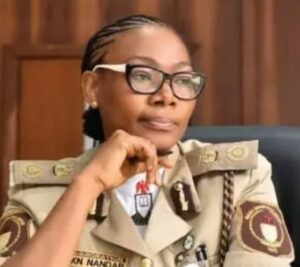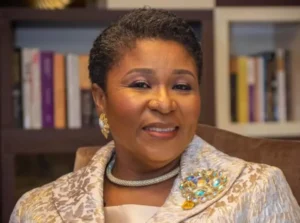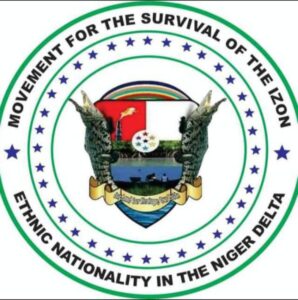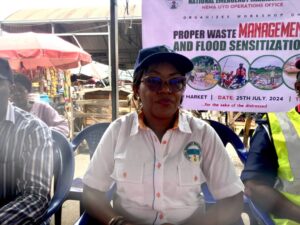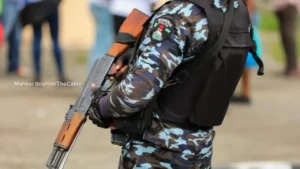Signing of PIB, wrong message to Niger Delta
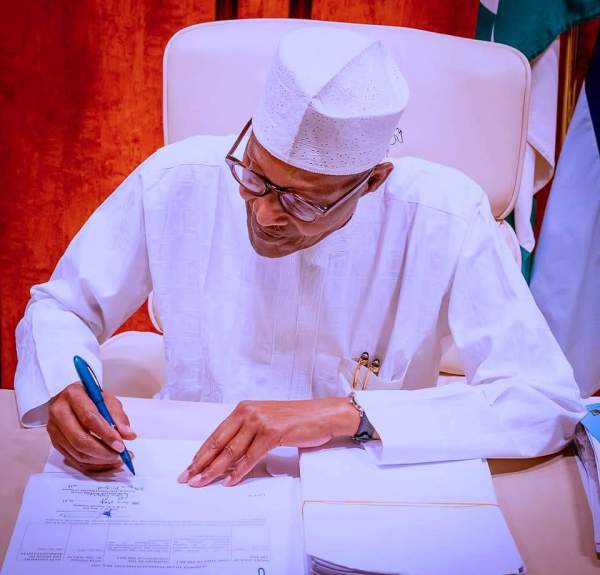
*Buhari
Nathan Tamarapreye, Yenagoa
The signing of the contentious PIB into law sends is a wrong signal to the oil extraction impacted peoples, communities and other Nigerians who expected a listening ear at Aso Rock.
The Presidential spokesperson, Femi Adesina, on Monday informed that the president Muhammad Buhari had assented to the bill in his determination to fulfil his constitutional duty.
The movement towards the PIB has been a rough ride for people of the Niger Delta and other stakeholders since the days of the government of President Olusegun Obasanjo. On 1st July 2021, the Senate and the House of Representatives had recommended a 3% and 5% respectively to host communities.
Reacting to the coming into law of the PIB, Nnimmo Bassey, director of HOMEF, stated, “I had believed and expected that he would listen to the voices of Nigerians who have suffered over six decades of unmitigated ecological assault and socio-economic marginalization”.
He further noted that there are some key defects in the bill that needed to be addressed before being signed into law.
“One is that it makes nonsense of Nigeria’s climate change Nationally Determined Contributions (NDCs). It also locks in gas flaring which is a major emitter of greenhouse gases by extending a regime of insignificant fines.
“In addition, at a time when the world is shifting from fossil fuels, 30% of the profit of the NNPC would already be sunk into searching for oil field dusters or bottomless speculative search for crude oil in so-called frontier basins.”
HOMEF believes that the PIB will not halt the move by oil companies to shift offshore and leave their mess in already traumatized communities as oil companies are making these moves in order to escape accountability and because they will pay minuscule amounts as royalties in deep waters.
HOMEF also believes that the Host Community funds as set up will have an overbearing influence of oil companies. The bill is very colonial system in its construction, giving oil companies virtually absolute powers to ride roughshod over the interest of Niger Delta communities in terms of who sets up the boards and who decides what projects get to be executed.
Tied to this is the criminalization of communities over oil facilities incidents as communities cannot be held accountable for incidents done by individuals.
Bassey compares holding communities accountable for inability of corporations to secure their pipelines and wellhead as comparable to ascribing banditry to a whole community simply because a bandit carried out nefarious actions in their territory.
The clause criminalizing communities appear to be inserted so as to ensure that the host communities’ funds eventually are used to pay for the irresponsible action of oil companies who neither carry out needed integrity checks on their facilities nor replace obsolete ones.
